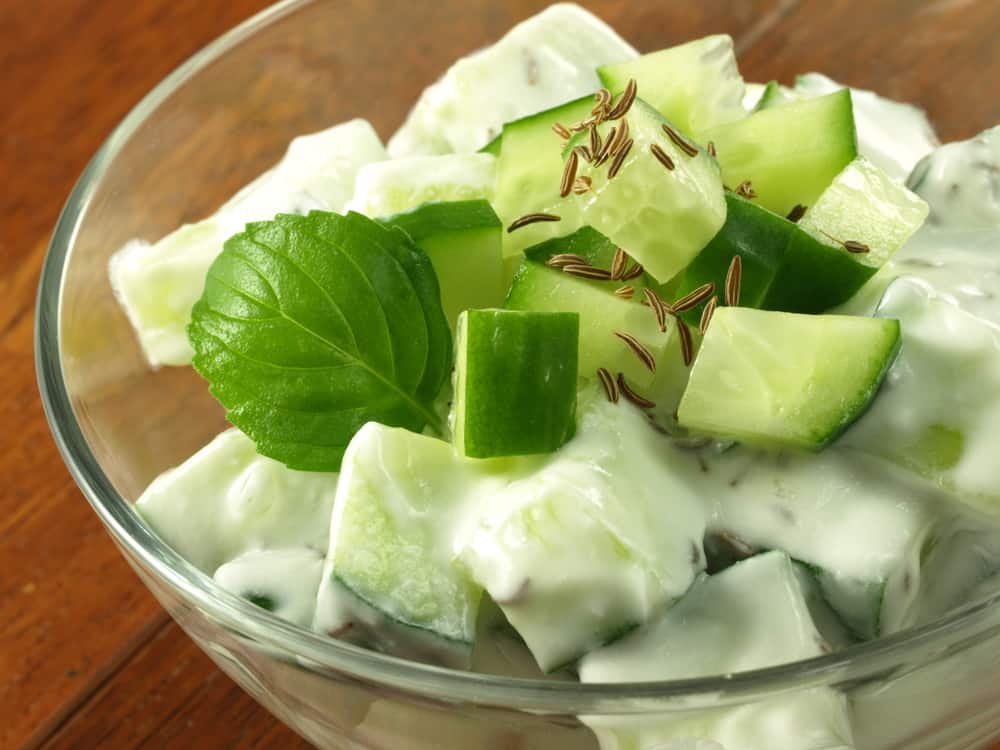Contents:
- Medical Video: How to Break Sugar Addiction: 7 Steps to Help You Stop Eating Sugar
- Why does everyone's tongue have different tastes?
- You might like sweet foods because of heredity
Medical Video: How to Break Sugar Addiction: 7 Steps to Help You Stop Eating Sugar
Try to pay attention to your appetite and family. Do you and your family have a similar appetite, for example, both like sweet foods? Well, this could be because you are used to eating sweet foods that are served at the dinner table at home. However, love sweet foods may be caused by offspring from your parents and grandparents. How can someone's appetite be handed down to the next generation? See the following explanation.
Why does everyone's tongue have different tastes?
There are two factors that make you prefer one taste to food, namely environmental factors and genetic (or hereditary) factors. Based on a study in the American Journal of Clinical Nutrition, the environment has a greater influence on taste in food. That is, if you do eat more sweet foods from a smaller age, your taste buds will become less sensitive (as if they are immune) to sweetness. However, genetic factors also have an influence in determining the taste of food that you like.
According to Monell Chemical Senses Centereveryone has and regulates its own taste receptors which give them a unique perception of the taste of food, drink and medicine. This statement shows that single gene codes for various forms of taste receptors have different sensitivity levels.
Maybe you think that consuming excess sugar is a lifestyle built by yourself. According to new research, it can be influenced by genes in your body. A person's ability to feel sweet is different, and is controlled by genes in a way.
The researchers have found two gene codes that influence the perception of sweetness, namely TAS1R2 and TAS1R3. Both of these genes contribute around a third of the variation in the perception of the sweetness of natural or artificial sugar.
Well, some people are born with a level of sensitivity to weaker sweetness. They need more sugar than others to be able to taste the same sweet level.Like listening to music, sounds that you think are too loud may be considered still slow by your friends.
You might like sweet foods because of heredity
As part of this study, the expert team conducted a study of 243 identical twin pairs, 452 couples were not identical, and 511 ordinary people. Each participant felt four sweet tastes consisting of fructose, glucose, aspartame, and dihydrochalcone neohesperidine (NHDC), then the sensitivity is assessed.
Engaging twins allows researchers to determine how much of their DNA plays a role in how they feel sweet. Researchers found that 30 percent of genetic factors determine everyone's taste for sweetness. The study also found that people who were less sensitive to sweetness showed no effect when consuming natural or artificial sugars.
So, it's not surprising that you and other family members both like sweet foods. There is a strong possibility that your tongue and family are not so sensitive to sweetness. Therefore, each food must be added with sugar or sweetener to make it more delicious.
Actually there are also high variations in detecting bitterness. However, the bitter taste is more complicated than sweetness, because there are about 25 or more receptor genes that detect bitter taste. Each receptor gene has a code with a different level of sensitivity. Bitter taste receptors, for example, are very important to detect and prevent you from eating harmful poisons. That's why bitterness is not much liked.













